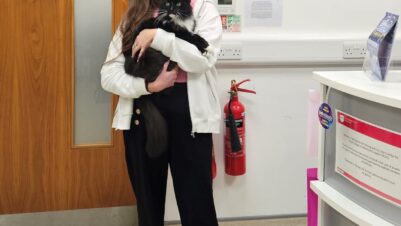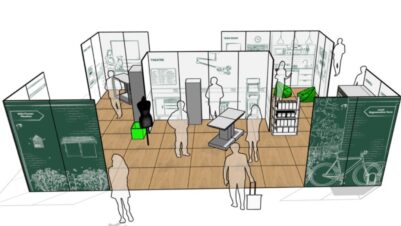
The Universities Federation for Animal Welfare (UFAW) has awarded its Animal Welfare Research Award (£45,300) to a project aiming to reduce the number of animals used in biomedical research.
The project will assess how well 3D culture models based on human stem cells can replace animal experiments for drug testing in neuroscience.
Dr Benjamin Ineichen from the University of Zurich, Switzerland and Professor Malcolm Macleod from the University of Edinburgh, UK, will use an innovative automated approach to perform a systematic review of existing research.
Eligible studies will be analysed to determine how many drugs tested proceed to clinical trials in humans with brain diseases and to compare the efficiency of 3D models to the traditional approach of testing drugs on animals.
The project will create a living database of studies, with new studies added as they are published.
This dynamic approach will ensure that the latest information is included, which will strengthen the conclusion as to whether or not 3D models are at least similarly efficacious as animal models in predicting bench-to-bedside translation.
Dr Benjamin Ineichen, principal investigator for the project, said: “Neuroscience research is among the largest of the animal research fields, with around 1.3 million animals used each year in the EU alone in recent years.
“Many of these animals undergo experimental protocols which have severe impacts on their welfare.
“If 3D culture models are shown to perform as well as or better than animal-based approaches in predicting translation to human patients, this could rapidly hasten the transition to non-animal techniques.”
“Such a transition could eventually result in many thousand fewer animals being used in drug development, while also potentially improving the efficiency of the drug discovery process.
“Once validated in neuroscience research, the same technique could be easily applied to other fields of biomedical research where 3D culture models are also promising replacements for animal experiments.”






